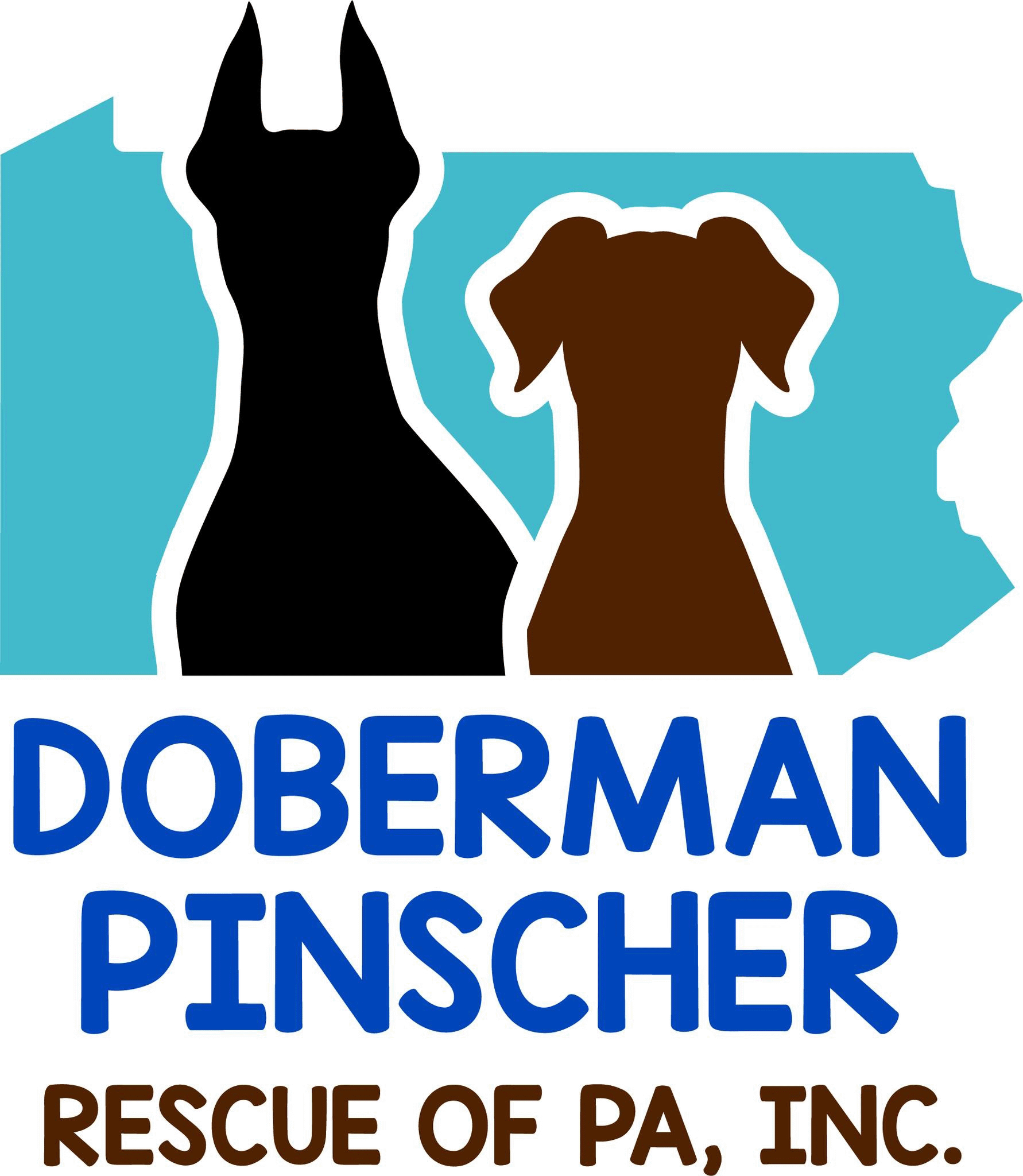TRAINING / BEHAVIOR
DPRPA makes no official statement about training methods; however the use of modern positive-reinforcement training methods that incorporate kindness and respect for both the dog and the handler are encouraged. Recommended training should not inflict unnecessary distress or discomfort on your dog, which is particularly critical for rescue dogs who are going through the trauma of rehoming and/or unknown past trauma. You can learn more about these methods from the following, long-time dog advocating organizations:
DPRPA is available educate you, but we recommend you also educate yourself to make decisions on methods and equipment with which are best for your dog. Below are links to help you decide.
Effects in the use of aversive training methods
Positive Reinforcement vs Correction
Seeking a dog trainer?
If seeking a dog trainer, you can find CERTIFIED positive-reinforcement trainers by searching one of the websites below:
Pet Professional Guild - The mission of Pet Professional Guild is to support and promote competent and ethical pet professional service providers. FIND A TRAINER AT PET PROFESSIONAL GUILD
or
Association of Professional Dog Trainers - Founded on the principle that member trainers adhere to teaching dogs proper behavior in a constructive and compassionate manner. FIND A TRAINER AT APDT
or
Victoria Stillwell hand-picked trainer recommendations.
Trainer, Behaviorist, or Vet Behaviorist?
It's important to understand the difference. All dogs need training to learn good manners, but a dog who has a behavior problem (e.g., aggression, resource guarding, severe reactivity, ...) likely needs a behaviorist and not a trainer, who would be more geared towards teaching your dog basic commands.
Many certified trainers are also behaviorists and can help you with behavior modification protocols. Training behaviorists (aka Applied Animal Behaviorists) should have certifications such as CAAB (Certified Applied Animal Behaviorist) or ACAAB (Associated Certified Applied Animal Behaviorist. They will counsel you on how to interact with your dog's behavioral issues. If using a dog trainer for a behavioral issue, be sure they carry one of the above certifications before you spend your money.
Veterinary behaviorists are like animal psychologists and are veterinarians who specialize in behavior and can prescribe medication that can help alleviate some behavior problems. They attend 4 years of vet school and then complete an internship, a residency in behavior, author a scientific paper, write a peer-reviewed case study, and pass a rigorous exam. Upon completion, they become a Diplomate of the American College of Veterinary Behaviorists. Unfortunately, vet behaviorists are far and few between and getting an appointment may take several months, so plan accordingly.
FIND A VETERINARY BEHAVIORIST.
Click here for more information or a better understanding of the role of each.


